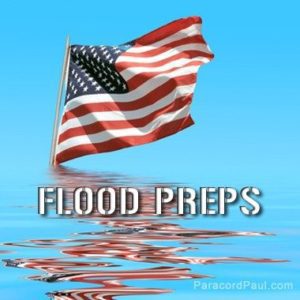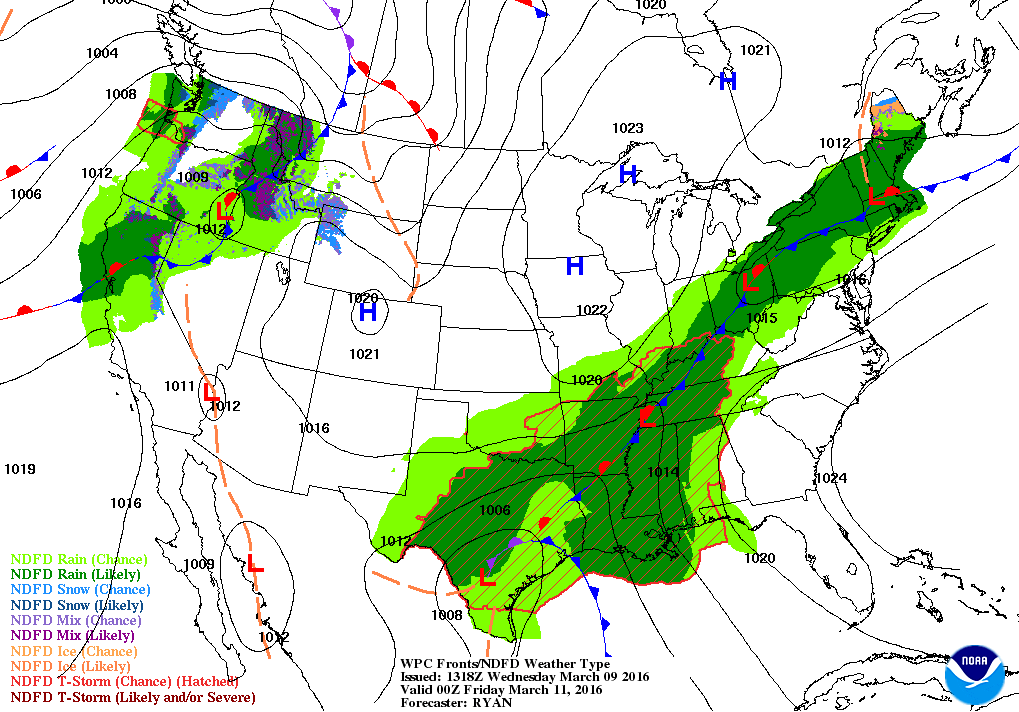Prepping for the Flood: What You Should Know Before, During, and After the Storm

Here in Mississippi, everything is already starting to turn green, and it’s only March. With that comes the rain. We are currently under a flood warning through this Friday, and according to the National Weather Service — that’s just the beginning.
Expectations for our neck of the woods are above-average precipitation, not just for us but for a significant portion of the country due to an “El Nino” weather pattern for the season ahead.
Are you prepared for Spring Floods?
Flooding devastates communities, destroys neighborhoods, and displaces thousands of families. Now is the time to make sure that you have all your ducks in a row so that you are prepared if there is any possibility of flooding in your area—now or in the future. From essential bug-out bags to more comprehensive survival gear, more than ever, folks pride themselves on their preparedness and quick action in these types of emergencies.
However, even the most advanced level of prepping can be tested when trapped by rising flood waters in the pitch-blackness of night. No one expects the 100, 500, or 1000-year flood in the days, weeks, or months preceding the event. There seems to be commentary after the fact when the damage is done.
According to FEMA, flooding is one of the most common and dangerous hazards in the United States. FEMA states,
Flood risk isn’t just based on history; it’s also based on a number of factors including rainfall, topography, flood-control measures, river-flow and tidal-surge data, and changes due to new construction and development.
Significantly, FEMA stresses that prepping before the flood, staying alert and aware during the flood, and returning home safely after the flood are essential for protecting your family, home, and business.
Before the Flood:
As with any emergency or natural disaster, it is also essential to:
During the Flood:
During a flood, paying attention to emergency alerts and warnings on the radio and television is essential. Knowing flooding terminology is critical to understanding these alerts and accurately assessing the severity of the situation. Having a NOAA Weather Radio is imperative.
Key terms to know during a flood are:
For individuals who need to leave their homes or evacuate during a flood, FEMA recommends:
Flash Flooding is a hazardous aspect of any flood emergency and requires immediate action and possible evacuation.
After the Flood:
After a flood, you want to return home safely, contact loved ones, assess the damage, and begin the cleanup. However, it is crucial to avoid damage to your community. You should only return to your home or business after safety officials have declared the area safe.
When returning home, the American Red Cross suggests:
Download my FREE Paracord Tips eBook to start building your Basic Bug-Out Bag! Fire or flood, you’ll feel relieved when you grab that bag if you need to evacuate.

